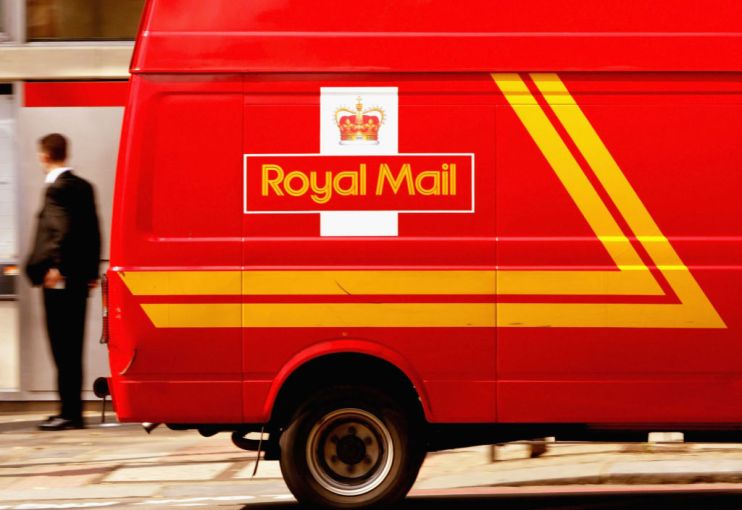Bleak Christmas: Royal Mail strikes could last until January unless pay deal made

Over 100,000 Royal Mail workers have started strike action today over pay, raising question marks for how the delivery firm will cope as it heads into the Christmas trading period.
The Communication Workers Union (CWU) is demanding a cost-of-living pay rise in line with inflation that sits in contrast to the two per cent bump offered by the FTSE 100 firm.
The union has also rejected an offer from Royal Mail, which would give some workers pay increases of up to 5.5 per cent, dependent on changes made to working practices.
As it stands, the CWU currently has a mandate from its Royal Mail members to keep striking until January: spelling danger for the all-important Christmas period for the delivery titan.
CWU General Secretary Dave Ward said yesterday: “We can’t keep on living in a country where bosses rake in billions in profit while their employees are forced to use food banks.
“When Royal Mail bosses are raking in £758 million in profit and shareholders pocketing in excess of £400 million, our members won’t accept pleads of poverty from the company.”
Meanwhile, Royal Mail said the upcoming action “thrusts Royal Mail into the most uncertain time of its 500-year history”.
It said the company cannot afford the pay rise demanded by the trade union, stating that it is currently losing £1m a day as the momentum of pandemic deliveries slows.
A Royal Mail spokesperson said: “Our contingency plans to minimise disruption and keep people, businesses and the country connected are operational.”
They said that the company has recruited around 6000 temporary staff who, following industrial action, “will assist with our recovery plans, and the prioritisation of the delivery of critical Government mailings and NHS letters.”
Tobias Buxhoidt, founder and CEO of parcelLab told City A.M. that ongoing strikes present significant challenges to the retail sector moving forward, especially at a time when brands “are already under pressure contending with consumer confidence concerns and spending worries”.
“We recently uncovered that over a fifth of UK consumers no longer trust that high importance items such as prescription drugs, bank or credit cards and passports will arrive on time via post, and the strikes are likely to drive this uncertainty and anxiety further, and ultimately put brands at risk of losing customers.”